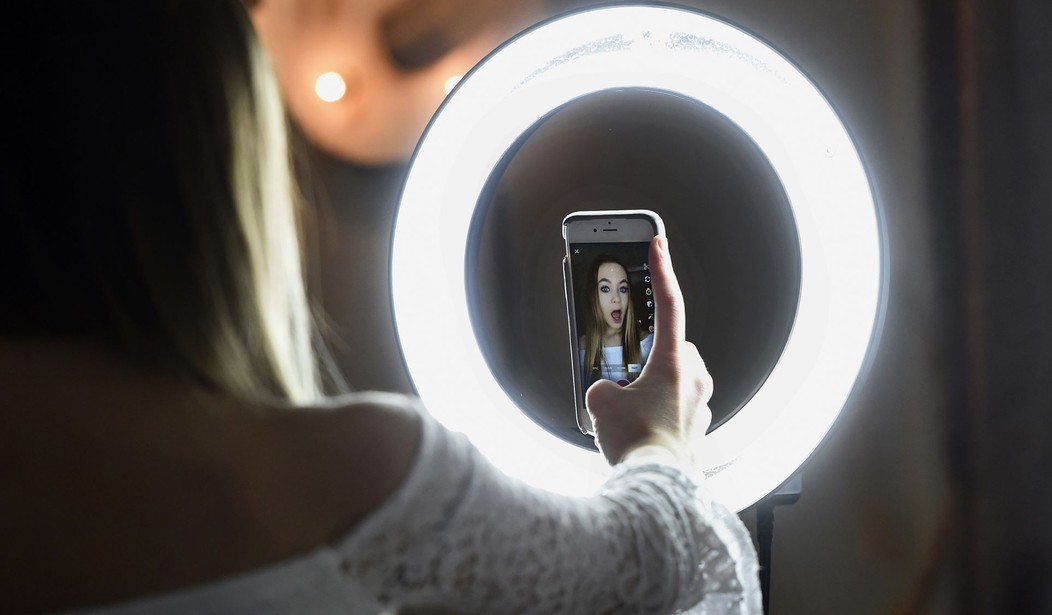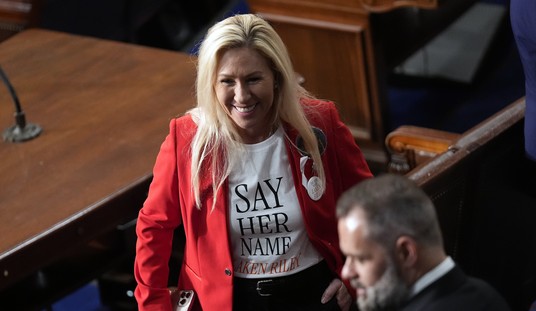In 1919, a child actor Jackie Coogan was discovered by Charlie Chaplin and was cast in one of his films. The film, The Kid, had great success and resulted in the sales of lots of Jackie Coogan-themed merchandise.
Decades later, Coogan realized he was left with none of the earnings he worked for as a child. Under California law at the time, his earnings belonged to his parents. In 1939, the Coogan Law was put into effect to protect child actors from this kind of situation.
Now, another law was put in place in the Golden State with a similar sentiment. This time, protecting child social media “influencers.”
On Tuesday, California Gov. Gavin Newsom signed a pair of bills to protect the earnings of “child influencers and content creators.” One of these bills builds off the Coogan law (via NBC News):
Newsom signed SB 764, a bill that requires content creators that feature children in at least 30% of their content to set aside a proportionate percentage of their earnings in trusts for the minors.
[...]
Newsom also signed AB 1880, introduced by Assemblymember Juan Alanis, which expands the Coogan Law to include minors featured in monetized online content. The Coogan Law, passed in 1939, protects child entertainers by requiring parents to put 15% of a minor's earnings into a trust.
According to NBC Bay Area, the rise of “family-style vlogs” prompted the legislation. In many of these vlogs, parents share over-the-top personal information about their children (NBC Bay Area):
Recommended
Besides coordinated dances and funny toddler comments, family vlogs nowadays may share intimate details of their children’s lives — grades, potty training, illnesses, misbehaviors, first periods — for strangers to view. Brand deals featuring the internet’s darlings can reap tens of thousands of dollars per video, but there have been minimal regulations for the “sharenthood” industry, which experts say can cause serious harm to children.
"A lot has changed since Hollywood’s early days, but here in California, our laser focus on protecting kids from exploitation remains the same. In old Hollywood, child actors were exploited," Newsom said in a press release Thursday. "In 2024, it’s now child influencers. Today, that modern exploitation ends through two new laws to protect young influencers on TikTok, Instagram, YouTube, and other social media platforms.”
Newsom noted that former Disney Channel star Demi Lovato helped push the legislation.
“In order to build a better future for the next generation of child stars, we need to put protections in place for minors working in the digital space,” Lovato said in a statement. "I’m grateful to Governor Newsom for taking action with this update to the Coogan Law that will ensure children featured on social media are granted agency when they come of age and are properly compensated for the use of their name and likeness.”
Duncan Crabtree-Ireland, the national executive director of SAG-AFTRA, praised the legislation.
"Regardless of medium or platform, all child performers must be strongly protected," Crabtree-Ireland said.

























